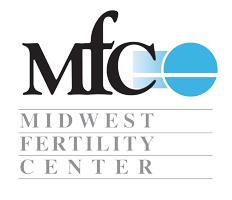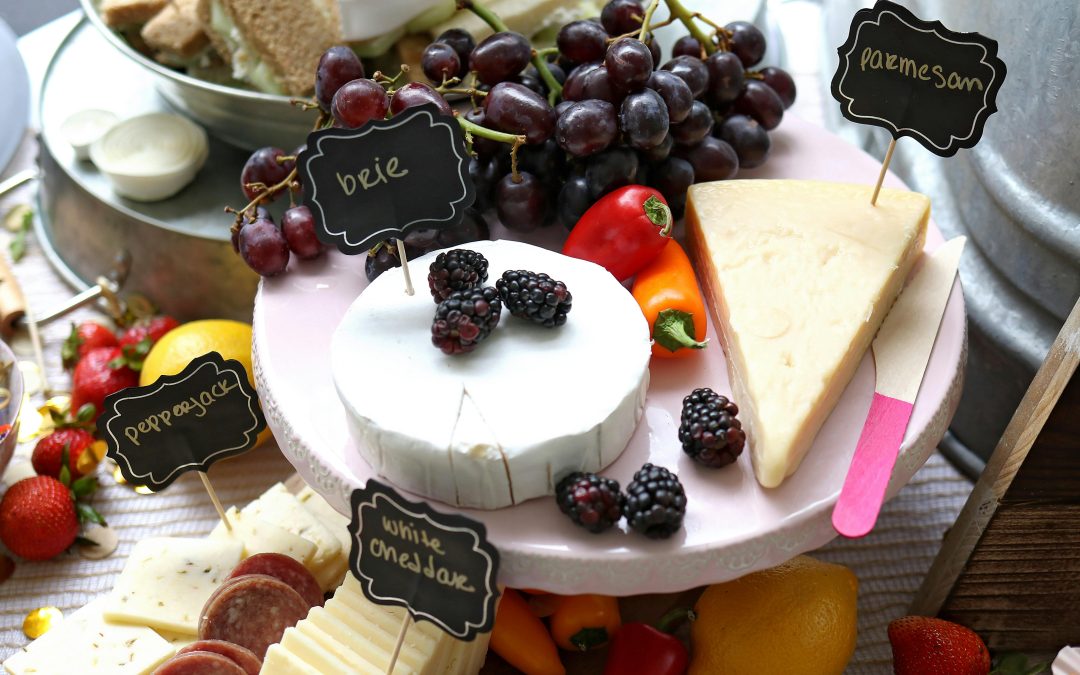Pregnancy is a time of joyous anticipation, but it also brings a heightened awareness of dietary choices to ensure the health and safety of both the mother and the developing baby. One common concern is the consumption of cheese. While cheese is a delicious and nutritious food, not all varieties are safe for pregnant women. Here’s a guide to help you make informed choices about which cheeses to enjoy and which to avoid during pregnancy.
Why Some Cheeses Are Risky
The primary concern with cheese during pregnancy is the risk of listeriosis, a potentially serious infection caused by the bacterium *Listeria monocytogenes*. This bacterium can be present in unpasteurized milk and soft cheeses made from unpasteurized milk. Pregnant women are about 10 times more likely to get listeriosis, which can lead to severe complications such as miscarriage, premature birth, or serious health problems for the newborn.
Safe Cheeses to Eat
1. Hard Cheeses: These cheeses are generally safe to eat, even if they are made from unpasteurized milk, because they contain low moisture levels, which inhibit bacterial growth.
– Cheddar
– Parmesan
– Swiss
– Gouda
– Edam
– Provolone
2. Soft Cheeses Made from Pasteurized Milk: Soft cheeses can be enjoyed during pregnancy as long as they are made from pasteurized milk. Pasteurization kills harmful bacteria, making these cheeses safe to consume.
– Mozzarella
– Cottage cheese
– Cream cheese
– Ricotta
– Goat cheese (chevre)
– Processed cheese spreads
3. Blue Cheeses Made from Pasteurized Milk: While traditionally, blue cheeses are a risk due to moisture content, those made from pasteurized milk are considered safe.
– Blue cheese
– Roquefort
– Gorgonzola
4. Other Varieties: Certain types of cheeses that undergo specific treatments to ensure safety can be consumed.
– Processed cheese slices
– Cheese whiz
– String cheese
– Cheese curds
Cheeses to Avoid
1. Soft Cheeses Made from Unpasteurized Milk: These cheeses are more likely to harbor Listeria and should be avoided.
– Brie
– Camembert
– Feta
– Roquefort (if unpasteurized)
– Queso Blanco
– Queso Fresco
2. Mould-Ripened Soft Cheeses: Even if made from pasteurized milk, mould-ripened soft cheeses should generally be avoided due to their higher moisture content, which can support the growth of bacteria.
– Brie
– Camembert
– Chevre (if mould-ripened)
– Taleggio
3. Mexican-Style Cheeses: These cheeses are often made from unpasteurized milk and pose a higher risk of listeriosis.
– Queso Fresco
– Queso Blanco
– Panela
Tips for Safe Cheese Consumption
– Check Labels: Always read the labels to ensure the cheese is made from pasteurized milk. If you’re dining out or buying cheese at a market, don’t hesitate to ask the seller about the pasteurization process.
– Store Properly: Keep cheese refrigerated and consume it before its expiration date. Avoid cheeses that have been sitting out at room temperature for extended periods.
– Practice Good Hygiene: Wash your hands, utensils, and surfaces thoroughly after handling cheese to prevent cross-contamination with other foods.
Cheese can be a nutritious part of your pregnancy diet when chosen and consumed safely. Stick to hard cheeses, soft cheeses made from pasteurized milk, and be vigilant about avoiding high-risk varieties. By making informed choices, you can enjoy the rich flavors and nutritional benefits of cheese without compromising your or your baby’s health. Always consult with your healthcare provider if you have any doubts or specific dietary concerns during your pregnancy.

